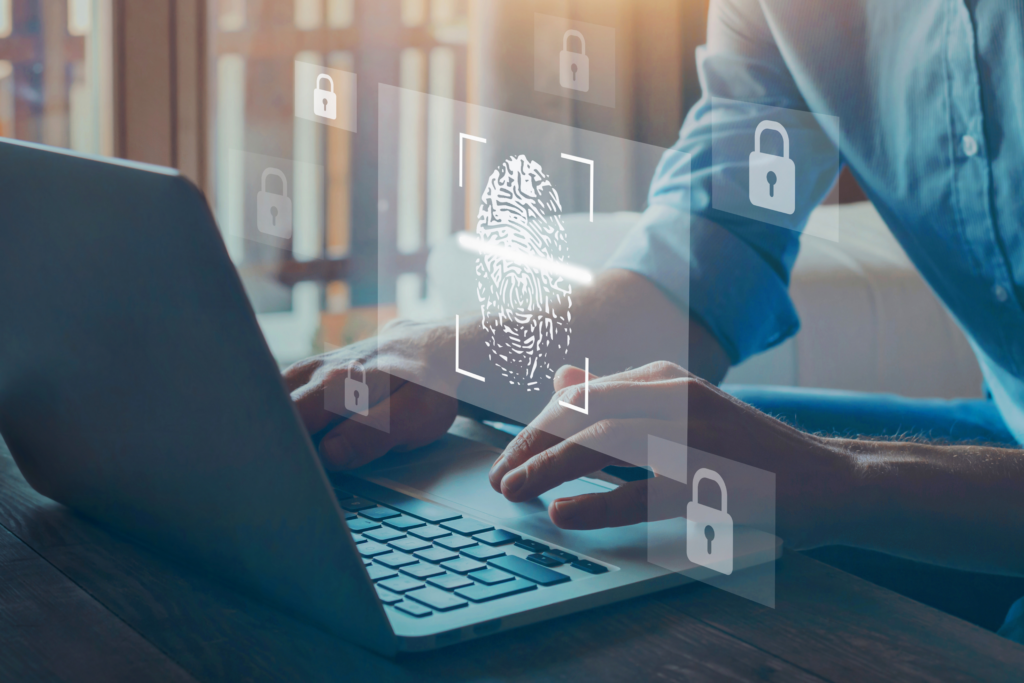A viewpoint by Guillermo L. Lead Consultant at Amaris Consulting
The struggle with passwords is a challenge many of us face daily. We juggle complex combinations of letters, numbers, and symbols, only to forget them at the worst possible moments. For IT departments, managing and securing these passwords is a constant battle, made even more difficult by frequent breaches and phishing attacks. As cyber threats evolve, traditional passwords are proving to be an increasingly fragile defense.
But imagine a world where logging in is both secure and effortless—no more password headaches. Thanks to passkeys, this vision is becoming a reality. Passkeys represent a sleek, modern approach to digital security that combines robust protection with a user-friendly experience.
In this article, we’ll explore how passkeys are transforming enterprise security, why they offer a superior alternative to traditional passwords, and how leading companies are already reaping the benefits of this innovative technology.
A risk we still face
Stolen credentials are one of the leading causes of data breaches. According to the 2022 Verizon Data Breach Investigations Report, 42% of compromised data comes from credential theft, often via phishing attacks. And alarmingly, 2.9% of employees still click on phishing links, putting their organizations at risk.
Passkeys address these vulnerabilities by removing the need for users to enter passwords on potentially fraudulent sites. By using a private key securely stored on your device, passkeys protect sensitive information and prevent attackers from accessing your accounts, even if they have access to the server.
The key to security
Passkeys are a significant advancement over traditional passwords. While the concept of passkeys is rooted in the standards developed by the FIDO (Fast Identity Online) Alliance, the actual implementation can vary between companies. These standards offer a more secure and convenient method of authentication, eliminating the need for passwords, apps, or codes.
Here’s how digital keys work: Instead of transmitting passwords over the internet, passkeys use a system of public and private keys. The public key is stored on the server, while the private key remains securely on your device. This means that sensitive information is not sent during the login process, making it much harder for hackers to intercept or steal. Since only the public key is kept on the server, there’s no valuable data for attackers to access.
For example, Apple’s authentication keys utilize Face ID or Touch ID to create a private key that is securely stored on your device. The corresponding public key is stored on the server. Even if a hacker were to breach the server, they wouldn’t be able to access your private key. Additionally, Apple’s iCloud Keychain ensures that your login keys sync seamlessly across all your devices, combining robust security with user convenience.
Passkeys in action
Passkeys are already being adopted by major tech companies, showing their effectiveness in real-world applications. For instance, Apple has integrated passkeys into its Managed Apple Accounts, allowing organizations to securely manage access across devices using iCloud Keychain. This ensures a seamless yet secure login experience for users.
Google and Microsoft have also embedded passkeys into their ecosystems. Google’s Passkeys, developed under the FIDO Alliance standards, help reduce phishing risks and simplify login across its services. Similarly, Microsoft’s Azure Active Directory (Azure AD) supports passkey authentication, improving security for cloud-based applications.
These companies are proving how effective passkeys can be, particularly in environments with thousands of users. By shifting away from traditional passwords, they’ve enhanced both security and user experience.
The next step in enterprise security?
As we move into a more connected world, the need for stronger, simpler security grows. Passkeys are leading this shift, making passwords a thing of the past. With big names like Apple, Google, and Microsoft embracing this technology, it’s clear that passkeys are here to stay.
Google’s early adoption of digital keys led to a significant drop in phishing-related breaches, and Microsoft saw better authentication success rates with fewer password resets. These results show the potential of passkeys to improve security and streamline operations.
For businesses looking to stay secure and offer a better user experience, adopting passkeys is the next step. At Amaris Consulting, our Modern Device Management (MDM) Center of Excellence offers comprehensive solutions for securing devices, enhancing efficiency, and preparing your enterprise for the future.
Whether you’re looking to improve the security of your corporate accounts, streamline device management, or offer a better user experience, our team of experts is here to help. Contact us today!


